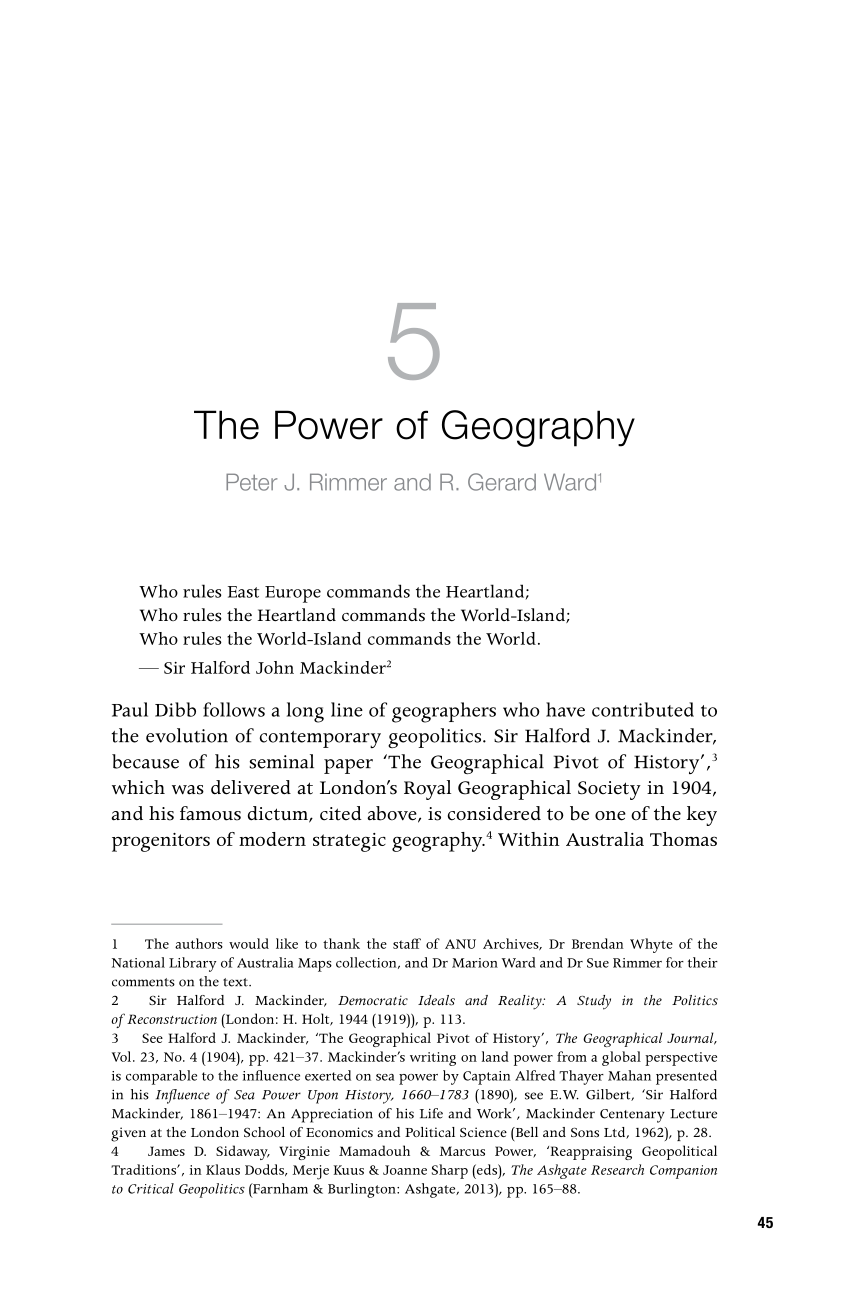

Abstract creations of a society, such as language.Physical objects created by a society – NonNon-Material Culture.– However, there are limits on the extent to which technology can alter the environment environment. Technology can modify the environment environment.– However, restrictions are not absolute, enduring restrictions. Environment does place certain limitations on humans.– Theme of geographer that combines the theories – Belief that humans can alter the environment in any way to best serve their needs through the use of technology – Stresses human modification of their environment – Ultimately dismissed as well as being too extreme B/c it was used to help promote racism in world culturesĮnvironmental Determinism vs.– Stresses human adaption to the environment – Ultimately dismissed by geographers – Prompting those societies to develop more driven and determined work ethics in the higher latitudes was believed to make it more challenging for survival survival.

– Prompting those societies to become characterized by laziness and a relaxed attitude attitude.

Rätzel's theory came about following Charles Darwin's Origin of Species in 1859.Environmental Determinism vs. Environmental determinism rose to its most prominent stage in modern geography beginning in the late 19th Century when it was revived by the German geographer Friedrich Rätzel and became the central theory in the discipline.Regardless of its decline, however, environmental determinism was an important component of geographic history as it initially represented an attempt by early geographers to explain the patterns they saw developing across the globe. By the 1950s, environmental determinism was almost entirely replaced in geography by environmental possibilism, effectively ending its prominence as the central theory in the discipline.Culture is instead defined by the opportunities and decisions that humans make in response to dealing with such limitations. Environmental possibilism was set forth by the French geographer Paul Vidal de la Blanche who stated that the environment sets limitations for cultural development, but it does not wholly define culture.L Febvre and Reclus also criticized Environmental determinism. As a result of his and others' criticisms, geographers developed the theory of environmental possibilism to explain cultural development.Carl Sauer, for instance, began his critiques in 1924 and said that environmental determinism led to premature generalizations about an area’s culture and did not allow for results based on direct observation or other research.

Also, critics claimed it was racist and perpetuated imperialism.


 0 kommentar(er)
0 kommentar(er)
